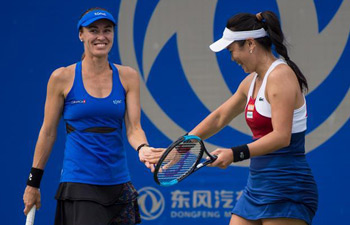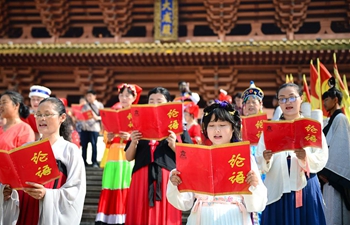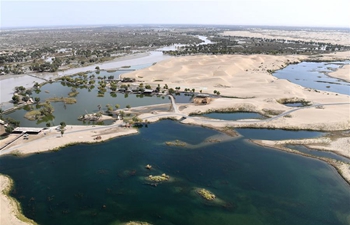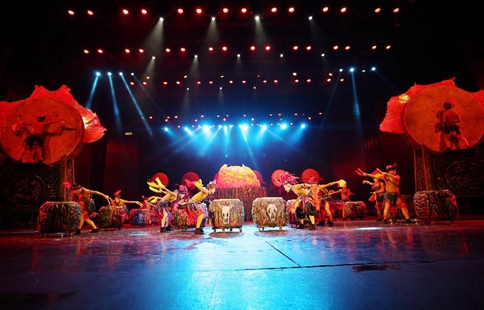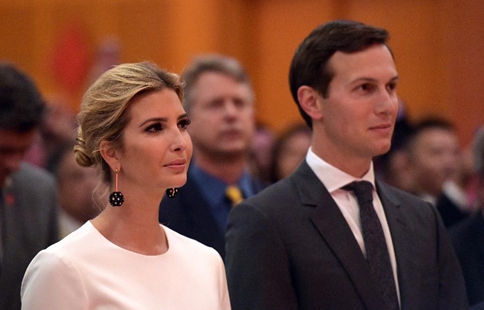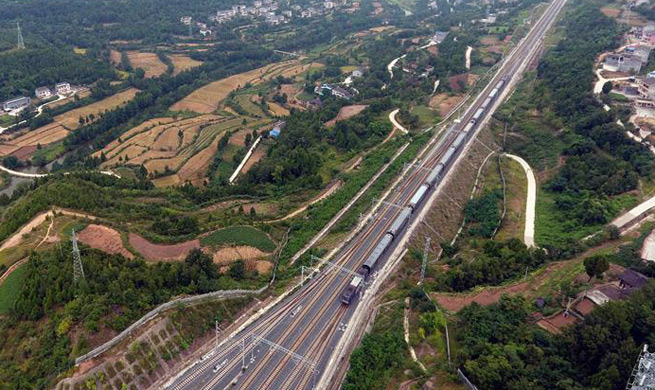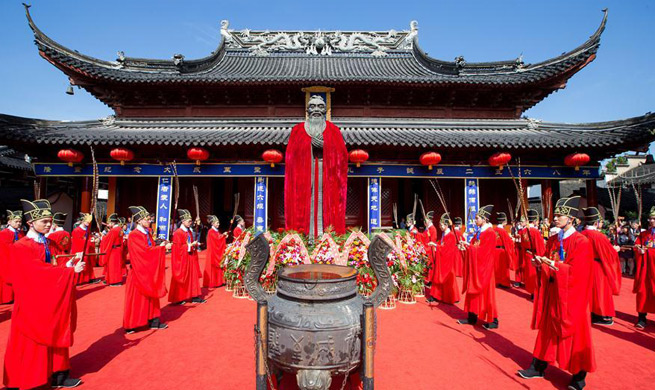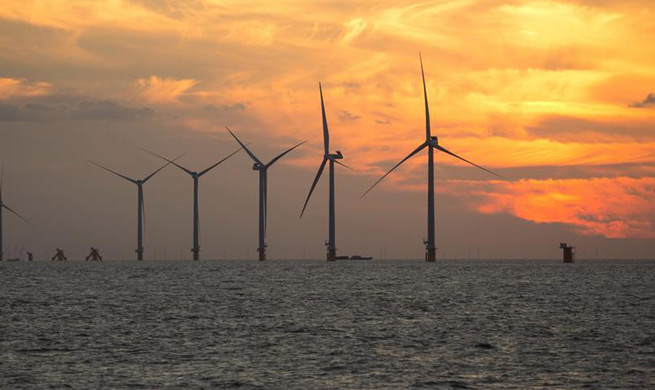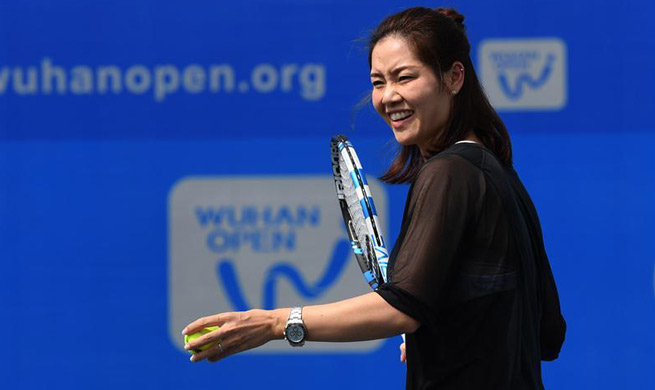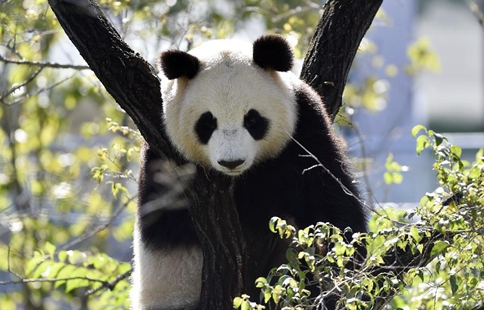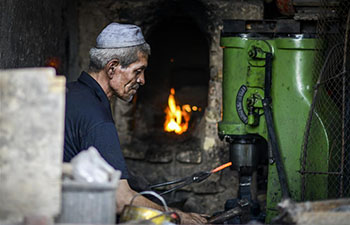KUALA LUMPUR, Sept. 28 (Xinhua) -- The operator of Malaysian airports said Thursday that it will continue to promote cashless convenience by partnering Ant Financial Services Group's Alipay.
"We are continuously looking to enhance the airport experience for all our customers. Thus, to embark on the Alipay cashless payment platform is a major step taken by Malaysia Airports to embrace the future of retail and food and beverage transactions at its airports," Malaysia Airports' managing director Badlisham Ghazali said in a statement.
To date, 55.8 percent and 56.7 percent of outlets at the Kuala Lumpur International Airport (KLIA) and the low-cost KLIA2 terminal, are transacting via Alipay respectively, according to him.
"So far, we have seen a 25 percent increase in sales from overall Alipay transactions at both terminals," he said, adding that the sales can increase further by 35 percent to 40 percent during shopping campaign period.
Badlisham also said that Malaysia Airports fully supports platforms such as Alipay for providing cashless convenience to customers, especially millennials who prefer to travel light and are technology savvy.
"Through the Alipay in-store payment platform, customers can pay for their transactions in Chinese Yuan without having concerns on the exchange rate, with all transactions performed in a highly secure manner," he said.
The airports operator also hopes to create awareness, boost interest while strengthen its brand positioning among travelers from China by collaborating with Alipay.
Last year, Malaysia Airports had recorded 4.9 million passenger traffic movements from China. From January to July this year, the numbers had increased further by 22 percent to 3.3 million when compared to the same period in the previous year.
According to the statement, improved connectivity and the ease of travel formalities are the two main factors for the increased numbers of tourist arrivals from China in the last several years. There are currently more than 470 flights per week connecting Malaysia and China.




